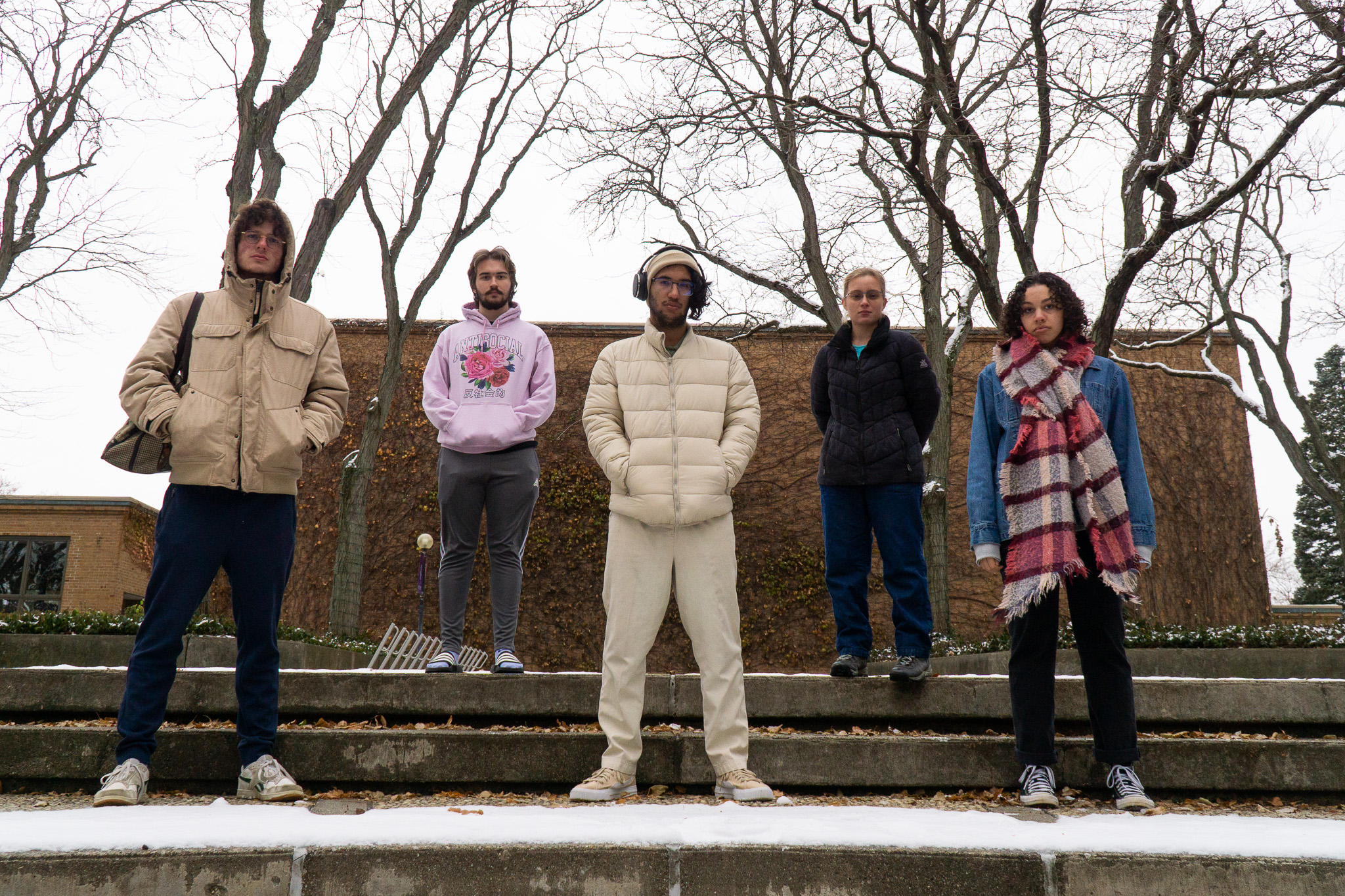The Study-Service Term slated to go to Senegal in summer 2024 has been canceled. There were nine students registered for the unit, ultimately falling short of the 12 students needed to run the semester abroad, according to the global engagement office.
“I’m very sad,” said Jan Bender Shetler, director of global engagement. “It’s a great SST. It’s a great location, and it’s a great place to learn so many things.”The cancellation came down to “a financial decision,” according to Shetler. SST requires many things to fall into place for any unit to run, and Senegal is no exception. Language classes, travel, accommodations, study destinations and service placements are just a few of the many moving parts, and each comes with a cost.
Fatima Zahara, a junior music and theater double major, planned to go to Senegal this summer.
Zahara originally wanted to go on the Israel/Palestine three-week term last May, but the cost was ultimately a barrier. After hearing about past students’ experiences, her plans shifted to Senegal.
She knew the enrollment was low, but was “hoping maybe that they’d approve us to go and then maybe we could get like a few more people along the way, but that just didn’t happen.”
Ben Bontrager, vice president for finance and operations, said that “when trips are under-enrolled, there are not enough participants to spread out all of the fixed costs.” Some SST groups have as many as 20 students, which can help offset the lower courses. The Ecuador SST this summer is also under-enrolled with eight people, and so with two groups simultaneously running under the minimum, Bontrager said the “hard decision” had to be made to combine “the two trip offerings into a single destination.”
In the spring semester, an SST in Indonesia will run with 11 students. Shetler explained that since the numbers dropped below the requirement after the orientation started, the group will still go: “We’re committed when we start students in orientation the semester before they go — even if the numbers go down — we don’t cancel.”
With orientation for Ecuador and Senegal scheduled to start in January, and both the units having enrollment below the threshold, Shetler, Bontrager and Dean Ann Vendrely made the call to cancel the Senegal SST.
Senegal’s costs tend to run higher than other units offered by GC. Bontrager said that Senegal was “definitely more expensive on a per-student basis.” Because of costs, there are minimum enrollments that need to be reached in order for a unit to run. “Getting much below that just gets more and more cost-prohibitive,” Bontrager said.
For SST as a whole, Shetler has noticed a decline in interest for semester-long courses since her joining the global engagement office in 2018. Semester-long courses were becoming less popular, so she helped add options for taking SST one course at a time. Now, with more opportunities, the global engagement office has seen higher student engagement. Shetler said, though, that she’s not sure whether the semester SST options being below thresholds “is a trend or whether this is like a little blip.”
Senegal has been an SST destination every other summer since 2004, offering flexibility to students who need all eight semesters of study due to their majors. With the cancellation of this term, the nine students who registered were left searching for other options.
Zahara was looking forward to Senegal for many reasons, but especially due to her heritage. “I signed up … it was like, oh this is so cool because my country is Morocco, which is right above Senegal … that would be really sick to go somewhere like that,” Zahara said. “I feel like it’s close to home — and sort of learning more about Islam, but not from a specifically Arab perspective, sounds really cool.”
Options for Zahara now include traveling to Ecuador this summer, stringing together SST One Course at a Time units, or going on a culturally immersive term with an organization outside GC.
“Everybody and their mom is going to Ecuador,” Zahara said. “It sounds really cool, [but] I wanted to do something that I felt like specifically connected to me and my personal cultural background.”
Again, SST for Zahara comes down to finances. “I could buy a car with SST money,” she said.
For her, the Senegal option “was really the one SST I felt personally connected to. And now it’s like, ugh, I can’t do anything else.”
With reporting by Daniel James



